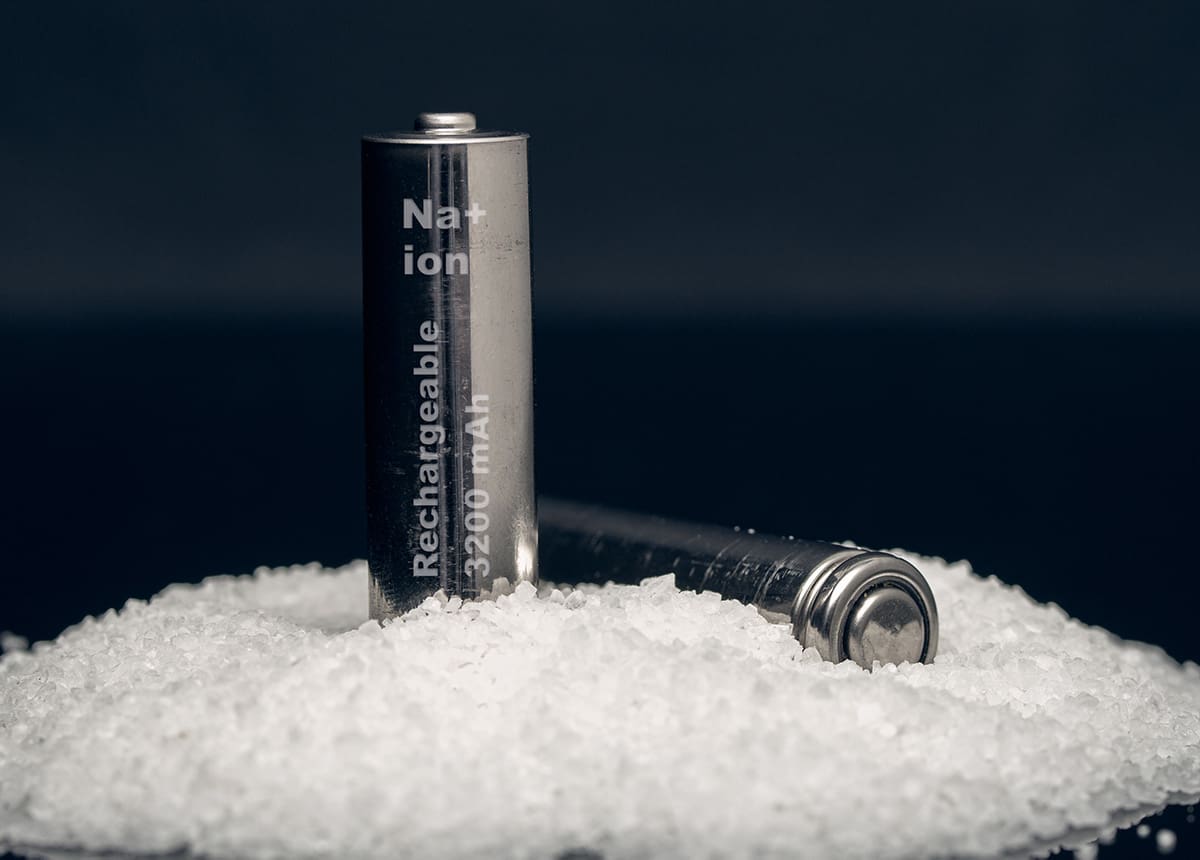Sodium-ion batteries are expected to offer lower energy density compared to Li-ion cells, but they do offer some advantages, and could be a good fit for smaller EVs. Chinese battery behemoth CATL unveiled its first-generation sodium-ion battery in July 2021, and since then, several Chinese automakers have announced plans to use sodium-ion batteries in production vehicles.
The first of these could appear any day now. The South China Morning Post (via Clean Energy Revolution) reports that Chinese companies have begun mass production of sodium-ion batteries. Vendors have begun offering sodium-ion batteries on Chinese commerce site Taobao, mainly for two-wheeled electric scooters.
Qiu Guocheng, co-founder of sodium-ion battery company Beijing Xuexiong Technology, told SCMP that his company’s batteries can operate at almost full capacity in temperatures as low as minus 30° C (-22° F), have “an average life of more than eight years,” and can be charged for 3,000 cycles. Xuexiong claims its Na-ion scooter batteries have a cycle life up to five times longer than typical Li-ion batteries.
“The electric two-wheeled vehicle field is one with relatively high consumption frequency, and buyers have high expectations for sodium batteries,” Qiu said.
Another advantage of sodium: unlike lithium, it appears to be abundant in most countries around the world, so a move to sodium could allow companies to shorten supply chains.
There are still some challenges to overcome. Na-ion cells tend to have lower energy density, because sodium ions are larger than lithium ions. However, a team of researchers at the Qingdao Institute of Bioenergy and Bioprocess Technology (QIBEBT) told Chinese-language news outlet Science Times that they might have overcome this issue.
The researchers have been working on sodium batteries for a decade, and they now say they have successfully powered electric scooters with 60-volt solid-state sodium-ion batteries. Their battery boasts specific energy of up to 160 Wh/kg, which they say is similar to that of comparable lithium batteries. Its weight is comparable to that of a typical Li-ion scooter battery, and as a solid-state battery it’s less susceptible to catching fire. The company recently revealed the results of a nail penetration test in which its battery did not smoke or catch fire.
Source: South China Morning Post via Clean Energy Revolution



















































